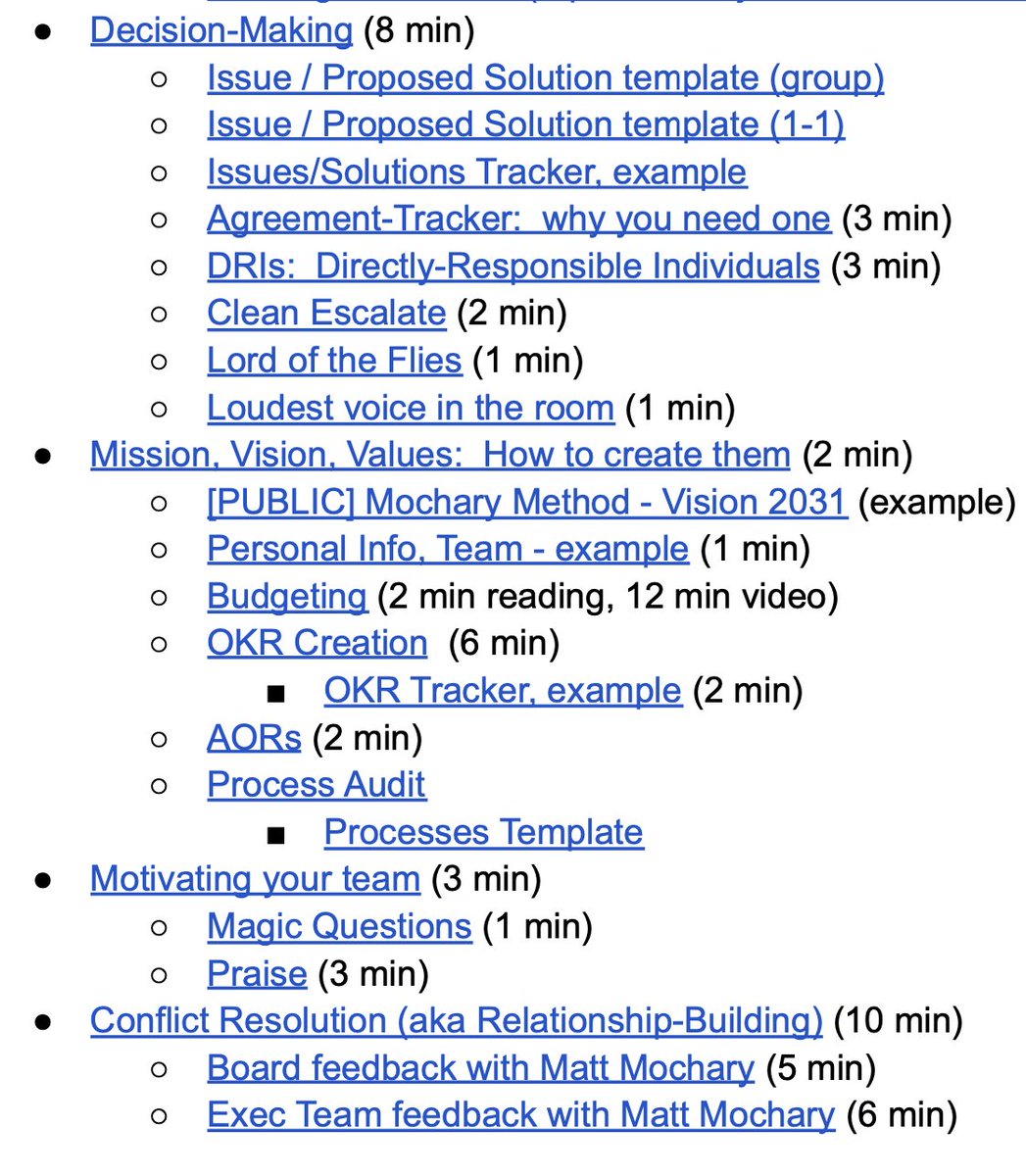As a freelancer,
Your website is everything.
First, prioritise its existence.
Second, prioritise its improvement.
The technology you use is irrelevant.
- WordPress
- Notion
- Carrd
- Wix
It doesn't matter which you choose,
What matters is you have a website.
Pick a platform that you're comfortable with.
If you can:
- Capture leads
- Add content easily
- Have a clear design
You're good.
If your website doesn't get leads,
It's not working.
Don't rest on a website that doesn't work for you.
Improve it until it does.
Essential pages for a freelancing website that sells:
- Home
With the right:
- Copy
- Layout
- Trust signals
- Call to action
- Value proposition
- Conversion method
You can generate leads from a website with 1 page.
Useful pages and sections for a freelancing website that sells:
- About/story
- Testimonials
- Blog/articles
- Case studies
- Contact info
- Portfolio
- Process
- Terms
When writing for your website,
Think less about "you" and more about "them".
Use language and terms that your target audience will understand.
Target clients, not peers.
Your layout doesn't have to be complex.
Single column layouts work well with text-heavy pages because they're easy to scan.
Trust signals build confidence.
For example:
- A photograph/video of yourself (People buy from people)
- Past clients you've worked with (I know these companies)
- Testimonials from past clients (They can do this for me too)
- A story/social media links (This is a real person)
Use a clear call to action on every page.
Think,
"What do I want a user of this page to ultimately do".
If that's "Hire me",
Then write that on your call to action buttons!
Prefer a "standard" domain.
Target audience dependent, some modern extensions are confusing.
Go for [
yourname].com if you can get it.
It looks better and it types in easier.
On-page SEO is important.
Research people's problems and create landing pages showing the solutions that you can provide.
Write about what your prospects are searching for.
Track progress with analytics,
Iterate and refine based on results.
If you want to rank higher in the SERPs,
Write content that gets links.
It'll help your domain overall,
Which means if your articles do well,
Your landing pages for selling services get a boost too.
Drive traffic to your website from social media.
Put a link to the page you most want people to see in your profile(s).
Add a photo of yourself.
High up the page.
It's an instant trust signal.
Gather all the testimonials you can and get them on your website.
Ideas for positioning:
- Your home page (1-4 short snippets)
- Every page above the footer (1 full length or 1-2 short snippets)
- A dedicated testimonials page if you have 10+
Your hero section should tell people what you can do for them quickly.
Make more detail available to prospects whose interest remains stoked.
Use a design that stays out of the way of your content.
Fewer fancy features,
Greater content clarity.
When you receive an inbound lead, context is critical.
Add a hidden field to your forms that tells you which page of your website a prospect has come from.
You can target different types of customer within your niche by creating tailor-made landing pages, optimised for different key phrases.
For example:
- "Freelance React developer"
- "React consultant"
- "React contractor"
Keep the best leads and sell those that don't fit.
Use words that instil confidence in the potential buyers of your service.
Think,
"What's important to people searching for the solutions that I provide?"
If that's:
- Experience
- Reliability
- Expertise
- Care
Leave no confusion that that's how you operate.
If you want to increase conversions,
Guarantee your work.
Show confidence in your ability to deliver.
Speaking of guarantees,
Make it clear that submitting an enquiry on your website guarantees a reply:
"You'll get a reply within 24 hours!" next to the send button works.
Justify the user's effort.
A good about page works wonders.
Even though this page is about you,
You're still selling.
Have a clear call to action here too.
For copy, think:
"How can I tell my story in a way that resonates with my audience?"
Cut to the chase and don't make stuff up.
Put an enquiry form on every page.
Experience is important to convey.
Results are more important.
Show what you've done before:
- Portfolio
- Write-ups
- Case studies
- Personal projects
- Past clients worked with
And if you have tangible figures, use them.
Check each element of your landing pages with the following question:
"Does this increase a buyer's trust in my ability?"
Make sure it's a confident yes.
Don't add things for the sake of it.
Evaluate whether linking out to other internal pages prominently is wise.
If a user has all the information they need to make their decision,
Why draw their attention away to other pages?
Sometimes one-page is all you need to get the lead.
Play the long game.
Your website will take time to create and nurture.
But if you make good decisions early and put in the work,
It'll prove a consistent source of sales for years to come.
